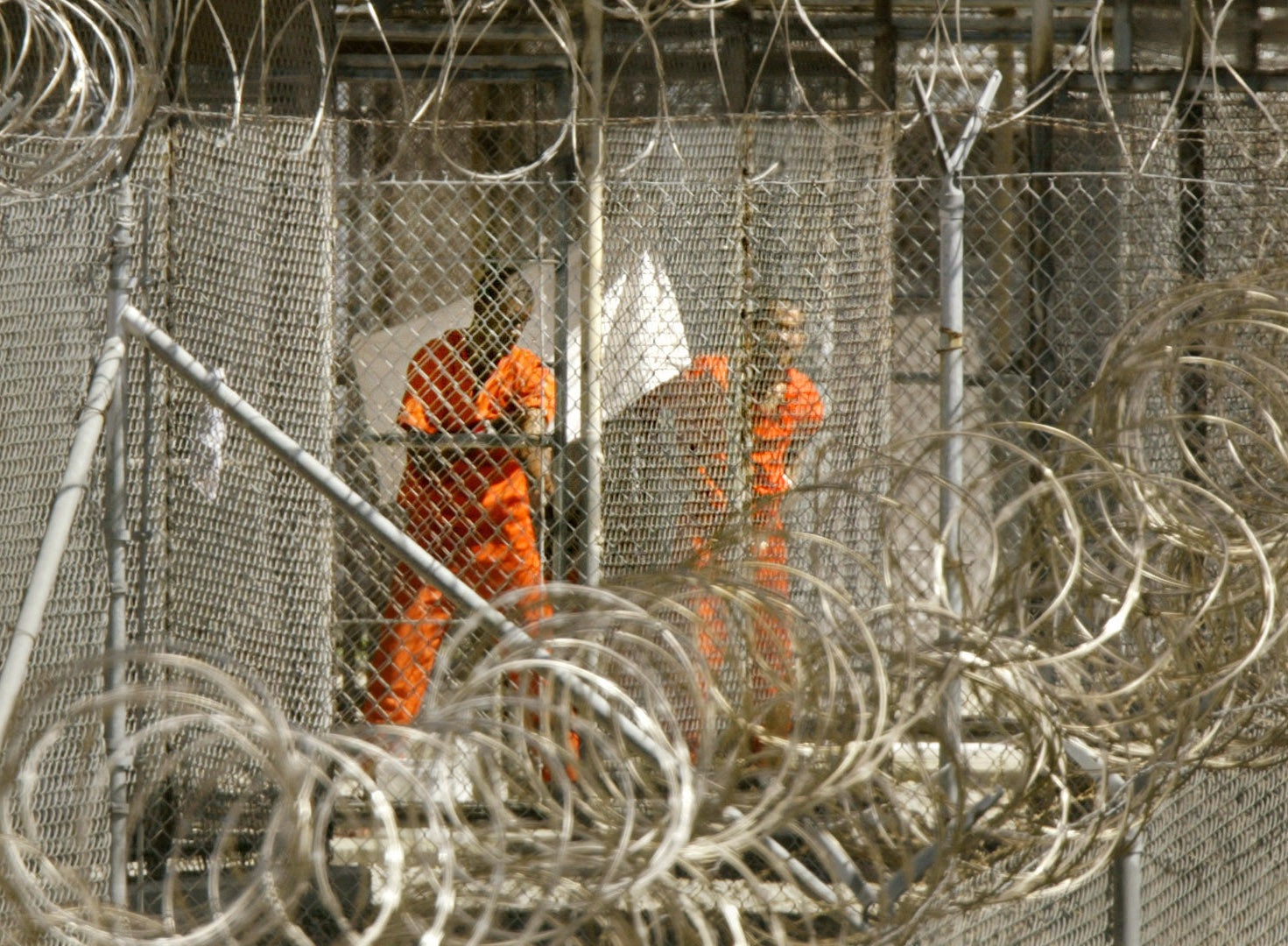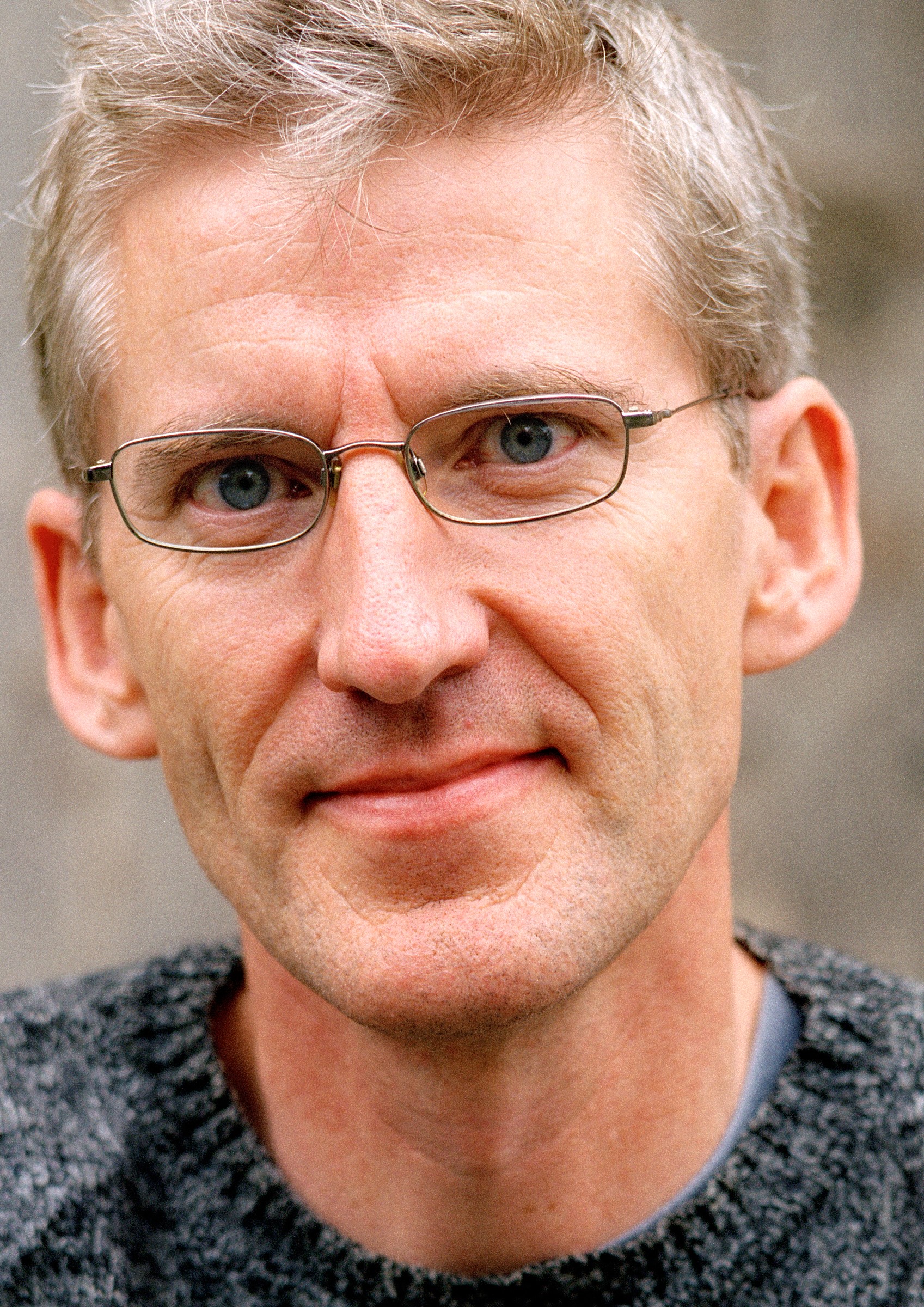When journalists unquestioningly swallow the narrative put forward by governments in the name of 'secrecy', it serves no-one.
I write as an American. When we look at the human rights abuses spawned by 9/11, there are several candidates for the “worst policy implemented by the US”. Obviously, locking people up in Guantanamo and other secret prisons for decades has to rank high since it spurns centuries of law that requires a fair trial prior to incarceration; the rush to torture is probably even worse; and one might think the most shocking devolution was when Constitutional Law Professor and President Barack Obama went even further, with a practice of “execution without trial by drone missile”.
All of these have tarnished the reputation of the US in a way that will be difficult to re-polish. But when the history books are written, I suspect that the (profoundly defiled) gold medal will ultimately go to none of them, but to the grotesque expansion of secrecy imposed in the name of “National Security”.
Sunshine is the greatest disinfectant when it comes to the corruption of government. Conversely, secrecy is the refuge of scoundrels.
As a practising human rights lawyer, I have a US security clearance, and I can state with some authority that the vast majority of material that is stamped “Secret” is no threat to the nation, but is rather embarrassing to politicians who have lost their moral compass.
It is in the docile parroting of the government line that the media has failed us since 9/11. Many people criticise Guantánamo today, but they didn’t for the first two years
Virtually every human rights case I have brought in the last 20 years has been met by a claim of "secrecy". Is it true, for example, that the US has made attempts to assassinate US citizen journalist Bilal Abdul Kareem in Syria? He believes he has been placed on a US “kill list” and that such attempts have been made. We can't know for sure - it is “secret”.
May the world know that the US took detainee Binyam Mohamed to Morocco to be brutally tortured? Top Secret, since that might not just embarrass us, but an ally too.
It is when they expose such secrets that journalists are in the greatest danger. They are in danger of becoming victims themselves. The threats have been overt. When he was Prime Minister, Tony Blair had a conversation with President George W Bush about bombing the headquarters of Al Jazeera. They were discussing what would have been a war crime. If the media had exposed and debated it, this might have brought them to their senses.
Hence, in 2005, the UK Government threatened the media with legal sanctions if they revealed it. The habitually illiberal British Home Secretary, David Blunkett, advocated the bombing of Al Jazeera in Baghdad in 2003 based on the theory that it was some kind of al-Qaeda propaganda machine. When asked whether he thought his suggestion would violate international law, he effectively equated Al Jazeera with Joseph Goebbels, replying: "I don’t think for a minute in previous wars we’d have thought twice about ensuring that a propaganda mechanism on the soil of the country you were invading would actually continue being able to propagandise against you."
At some level it was ever so. There is nothing a militarist hates more than being exposed as a violent maniac.
But perhaps the greater risk for journalists in the past 20 years has been that they can fail in their duty. Generally, governments are the ones who indulge in propaganda during a war, as happened very recently when the US felt the political need to strike back against those who had bombed Kabul airport. The US unleashed a Hellfire missile at a car and claimed – and many reputable news sources dutifully published – that it prevented far greater carnage by taking out an Islamic State car bomb. It later transpired that the families of the innocent victims were telling the truth: the US intelligence was inaccurate. As has been the case so often, it was probably provided by a paid informant who preferred to deliver false information, rather than risk his life by getting close to a dangerous terrorist target.
It is in the docile parroting of the government line that the media has failed us since 9/11. Many people criticise Guantanamo today, but they didn’t for the first two years (when those of use suing to open the prison up to inspection were getting death threats).
Today, few in the media condemn 'Guantanamo on the Euphrates' - the camps in northeast Syria that hold tens of thousands of prisoners, many of them children
The New York Times would publish any kind of line that the US military would throw at them, but was unwilling to give respect to the claims that our clients were victims of abuse and injustice. How wrong they were. The 780 prisoners in the Cuban prison, all men, were defamed by US Secretary of Defense Donald Rumsfeld as the “worst of the worst” terrorists in the world. Twenty years on, 741 have been liberated, most with a finding that he was “no threat to the US or its coalition allies”.
Today, few in the media condemn “Guantanamo on the Euphrates”, the camps in northeast Syria - such as the Kurdish run al-Hol camp - that hold many more prisoners (some 78,000), many of them children. Indeed, they support the government line that people like Shamima Begum, who went to Syria as a delusional 15-year-old, are somehow existential threats to the UK and should never be allowed home.
The media often promotes, rather than disputes, the Islamophobia of populist governments. For example, they appear to share society’s prejudice against Bilal Abdul Kareem, a bearded Muslim convert, and decline to report the US government’s alleged attempts to assassinate him. They deem him something less than a true journalist, despite the way he puts his life at risk every day to bring the truth out of Syria.
Others in the media mutter about how Julian Assange is an egotist, or worse. Yet, while he may have lacked the finesse of Edward Snowden, he and Wikileaks have helped to expose some horrific crimes.
In the end, many in the media appear not to understand their sacred duty – which is shared by any lawyer worthy of a bar card. It was well summed up by my 94-year-old mother who told me many years ago that my duty was to make use of my privilege on behalf of those being trampled by power.
Likewise, the media is not given its privilege so they may respect the powerful, or merely declaim what the government wishes; rather, their primary duty is to protect the powerless from the abuse of power.
Clive Stafford Smith is a human rights lawyer
The views expressed in this article are the author’s own and do not necessarily reflect Al Jazeera Journalism Review’s editorial stance




















![Palestinian journalists attempt to connect to the internet using their phones in Rafah on the southern Gaza Strip. [Said Khatib/AFP]](/sites/default/files/ajr/2025/34962UB-highres-1705225575%20Large.jpeg)




















